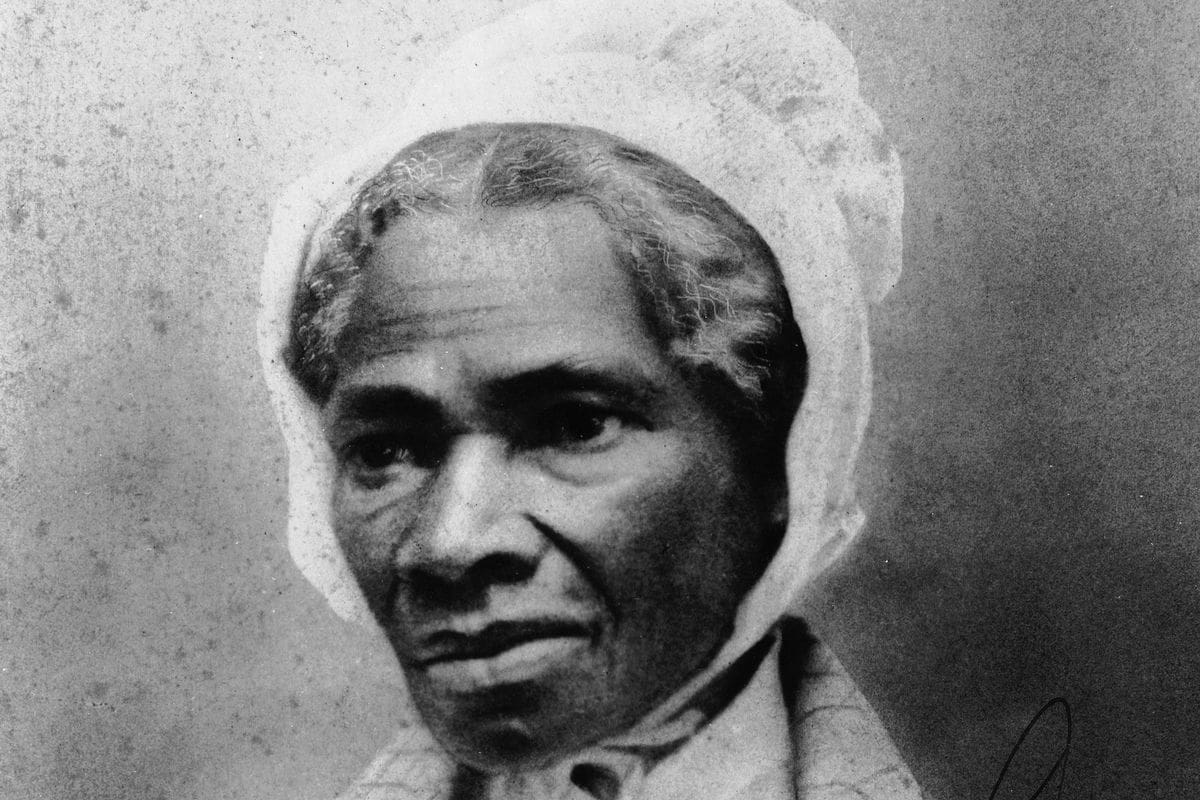On June 1st This Day in History: Sojourner Truth’s Journey as an Abolitionist Speaker and the Abolition of Slavery in US Possessions

On This Day in History June 1st:
On June 1, we commemorate two crucial events in Black American history. In 1843, Sojourner Truth, a remarkable Black American abolitionist, embarked on her journey as a powerful speaker against slavery. Additionally, in 1862, slavery was abolished in all US possessions, marking a significant milestone in the fight for freedom and equality. In this blog post, we delve into the impact of these events and their lasting significance.
Sojourner Truth Begins Her Travel as an Abolitionist Speaker:
Sojourner Truth, born into slavery in 1797 as Isabella Baumfree, escaped bondage and dedicated her life to advocating for the abolition of slavery. On this day in 1843, she began her journey as a speaker, delivering powerful speeches that exposed the cruelty and injustice of slavery. Truth’s words resonated with audiences, as she drew from her own experiences to highlight the realities faced by enslaved people. Her speeches not only exposed the atrocities of slavery but also emphasized the importance of freedom and equal rights for all.
Truth’s powerful presence and impassioned speeches captivated audiences across the United States. Her most famous address, “Ain’t I a Woman?” delivered in 1851 at the Women’s Convention in Akron, Ohio, challenged prevailing gender and racial stereotypes, asserting the equality and strength of Black Americans. Sojourner Truth’s commitment to social justice and her influential role as an abolitionist speaker paved the way for future activists and helped ignite the flames of change.
Slavery Abolished in all US Possessions:
June 1 also marks an important milestone in the fight against slavery. In 1862, President Abraham Lincoln signed the Emancipation Proclamation, effectively abolishing slavery in all US possessions. This proclamation was a critical step toward freedom for millions of enslaved Black Americans, who had endured the horrors and indignities of bondage for far too long.
The Emancipation Proclamation, although not an immediate solution to slavery, marked a turning point in American history. It laid the foundation for the 13th Amendment to the United States Constitution, which formally abolished slavery throughout the nation in 1865. The abolition of slavery in US possessions played a significant role in dismantling the institution of slavery and advancing the cause of civil rights for all.
FAQs:
Q: Who was Sojourner Truth? A: Sojourner Truth was a prominent Black American abolitionist and women’s rights activist. She was born into slavery and later escaped, dedicating her life to advocating for freedom and equality.
Q: What was the significance of Sojourner Truth’s speeches? A: Sojourner Truth’s speeches exposed the cruelty and injustice of slavery, while emphasizing the importance of freedom and equal rights for all. Her powerful words inspired many and contributed to the abolitionist movement.
Q: How did the Emancipation Proclamation impact the abolition of slavery? A: The Emancipation Proclamation, signed by President Abraham Lincoln in 1862, abolished slavery in all US possessions. Although it did not immediately end slavery, it was a crucial step toward freedom and
